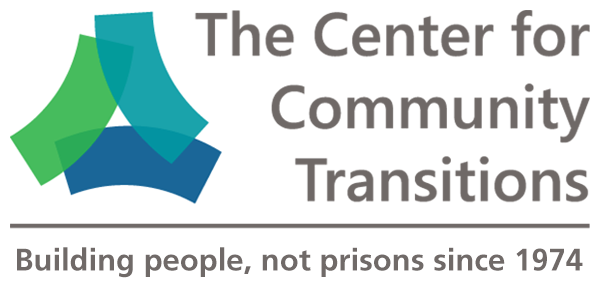Center for Women
The Center for Women is a thirty-bed residential work release program accredited by the American Correctional Association (ACA) that supports women in the final stages of incarceration. Opening in 1987 as a contract work release program, the Center was created to help women successfully transition from prison to their family and community while upholding the standards of the North Carolina Department of Adult Correction (NCDAC).
Program Services
Programs offered address factors that contribute to increased risk of criminal involvement. All residents at the Center for Women:
- Participate in the Lifeworks! supportive employment program to gain job readiness skills and practice job retention strategies as they prepare for work release
- Participate in the Behavioral Health program to receive individual and group counseling, alcohol chemical dependency programming, peer support, and more
- Use work release earnings to save money and pay debts, ensuring a level of financial security upon graduation from the program
- Receive the opportunity for continuing education via study release
- Receive personal enrichment opportunities via the community volunteer (CV) program
- Develop a transition plan that includes financial literacy, digital literacy, housing, family reunification, and more
Criteria for Participation
The North Carolina Department of Adult Correction (NCDAC) requires the following eligibility criteria for transfer to The Center for Women:
- Be within three years of release
- Have achieved minimum custody level 3 (also known as honor grade)
- Be approved for work release and capable of working in the community
- No infractions within the last year or a minor infraction within the last six months
- Be medically cleared to be at a facility with limited on-site medical staff
- Complete an application to participate in the program
Prison Rape Elimination Act (PREA)
The Center for Community Transitions, Inc. (CCT) is committed to a standard of zero-tolerance of any undue familiarity or personal misconduct between CCT staff and Center for Women residents. We make a commitment to provide professional and appropriate services to our residents and support to staff for their roles in accomplishing these responsibilities.
The Prison Rape Elimination Act (PREA) of 2003 fits perfectly with that mission. The PREA section promotes public safety by the administration of a fair and humane system that provides reasonable opportunities for adjudicated people who are incarcerated to develop progressively responsible behavior. Each CCT staff member is vital to the prevention and detection of undue familiarity in order to protect CCT residents and safeguard our community.
We envision a safe and humane community corrections environment free from the threat of any act of undue familiarity and sexual abuse. We see ourselves working collaboratively with others to develop programs and strategies that safeguard the well-being of CCT residents.
Undue Familiarity
Professionalism with residents is critical to maintaining a healthy community corrections culture and safe environment. Undue familiarity is found among custody, probation, program, medical, mental health, chaplains, clerical, food service staff, surveillance, intake/community service staff and others. No job classification is immune to undue familiarity. A staff member who engages in undue familiarity with a resident jeopardizes their career as well as their livelihood in the community.
Reporting methods include:
- CCT Leadership: admin@cctcharlotte.org
- CCT Staff: (704) 494-0001
- NC Department of Adult Correction (NCDAC) PREA Administration office (919) 825-2754 or SVC_dac.prea@dac.nc.gov.
Sorry, we do not have any events scheduled at this time. Please check back soon.


